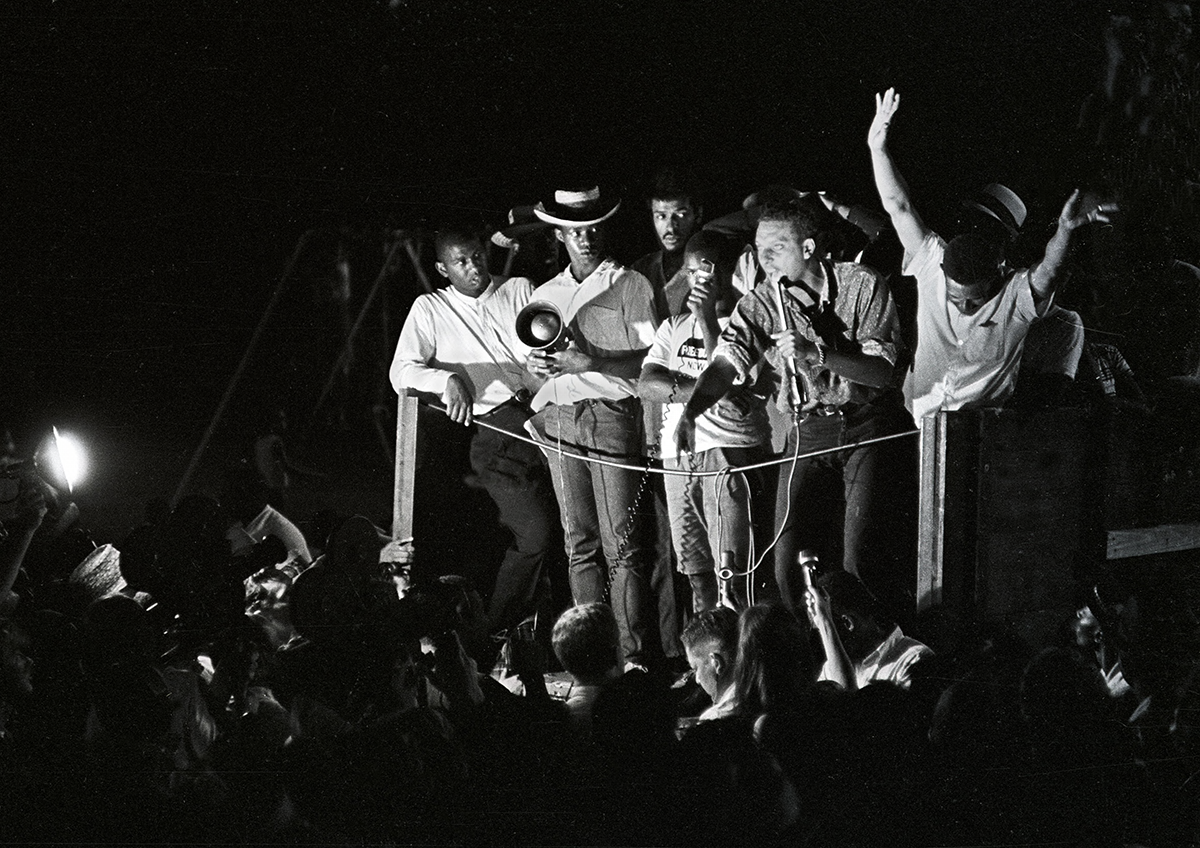
What We Want
Primary Document By Kwame Ture (Stokely Carmichael)
Separatism−the determination of a particular group of people to resist assimilating to the majority culture−has a long history in the United States. This excerpt from the “What We Want” speech offers a rationale for the notion of an independent Black community.

Stepping into Selma: Voting Rights History and Legacy Today
Lesson by Deborah Menkart
This lesson invites students to step into the long history of the freedom struggle in Selma, introducing them to people, turning points, and issues.
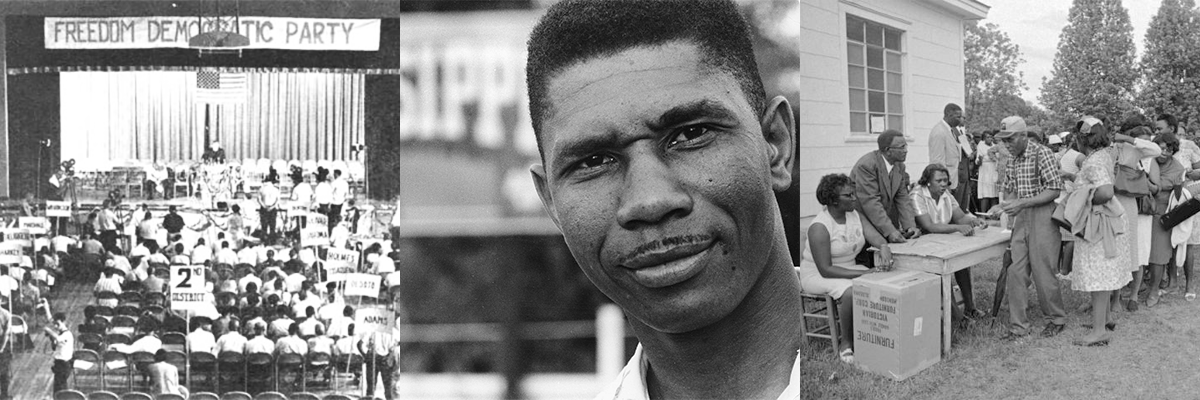
A Documents-Based Lesson on the Voting Rights Act
Lesson by Emilye Crosby
This lesson uses a case study of Lowndes County, Alabama and three SNCC-related documents from the early 1960s—just before and after the Voting Rights Act—to explore the impact of the Voting Rights Act (and 1964 Civil Rights Act) on every day southern Black citizens: What did the legislation mean to them? Did they achieve their goals?
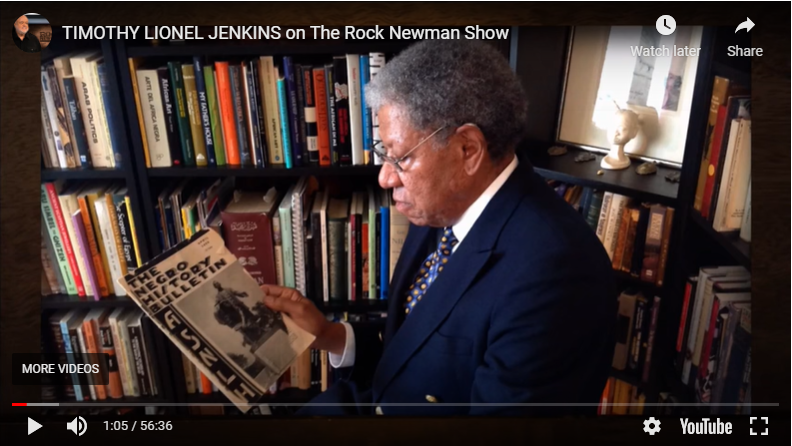
Preserving and Teaching Black History
Interview of Timothy Jenkins by Rock Newman
During this powerful interview, Timothy Jenkins talks about the history of Howard University, the Student Nonviolent Coordinating Committee (SNCC), pan-Africanism, liberatory education, the Association for the Study of African American Life and Culture (ASALH), Black history as American history, Stokely Carmichael, lessons from the barbershop, revolutionary nonviolence, and much more.
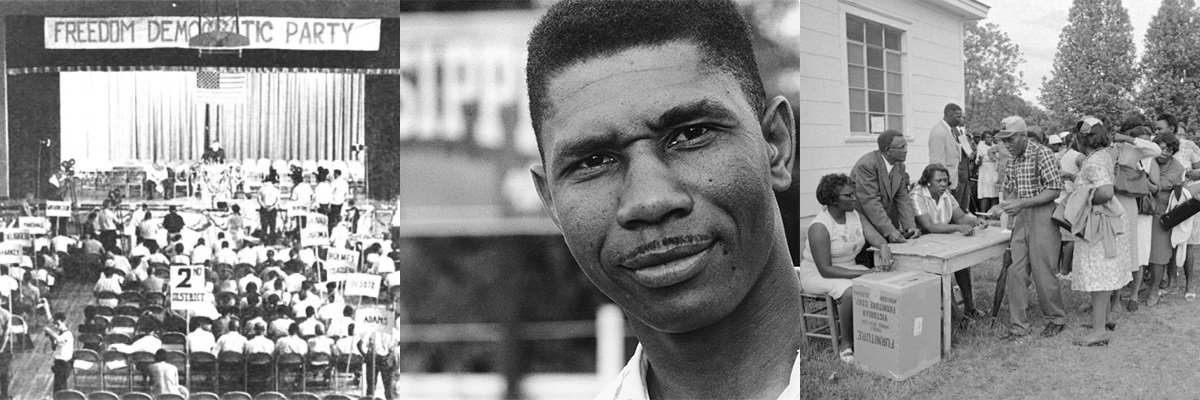
Key Dates in Voting Rights History
Timeline by Emilye Crosby
This timeline of key dates in the struggle for voting rights is provided as background information for “A Documents-Based Lesson on the Voting Rights Act: A Case Study of SNCC’s work in Lowndes County and the Emergence of Black Power” by Emilye Crosby.
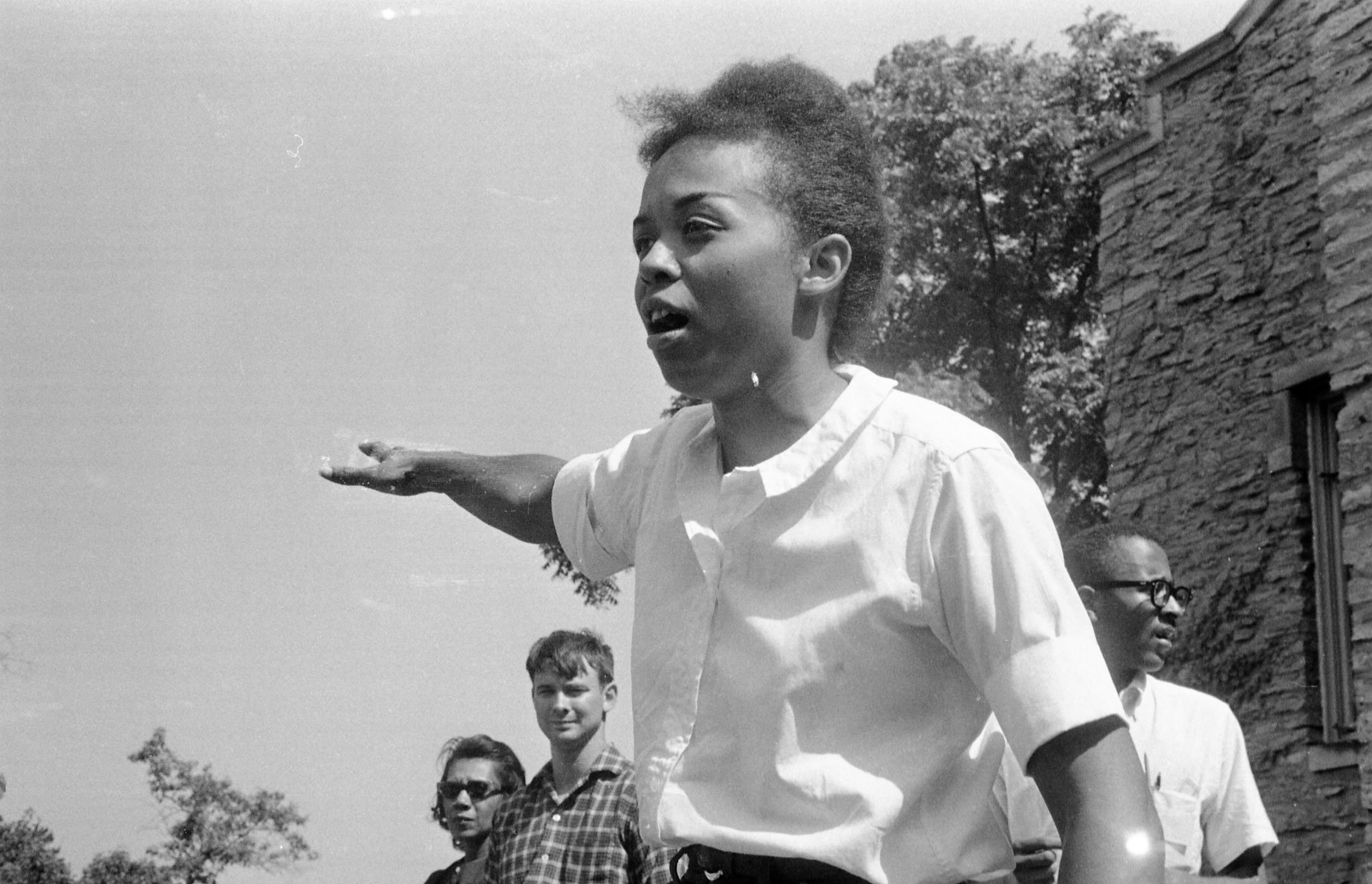
Freedom Fighter: The Life and Legacy of Ms. Dorie Ladner
Interview by Maestra Productions
Dorie Ladner was a passionate civil rights activist and leader in the Student Nonviolent Coordinating Committee (SNCC) from Hattiesburg, Mississippi. This interview about her life was conducted in 2017 by Maestra Productions in collaboration with Bowie State University Department of Fine and Performing Arts and Teaching for Change.
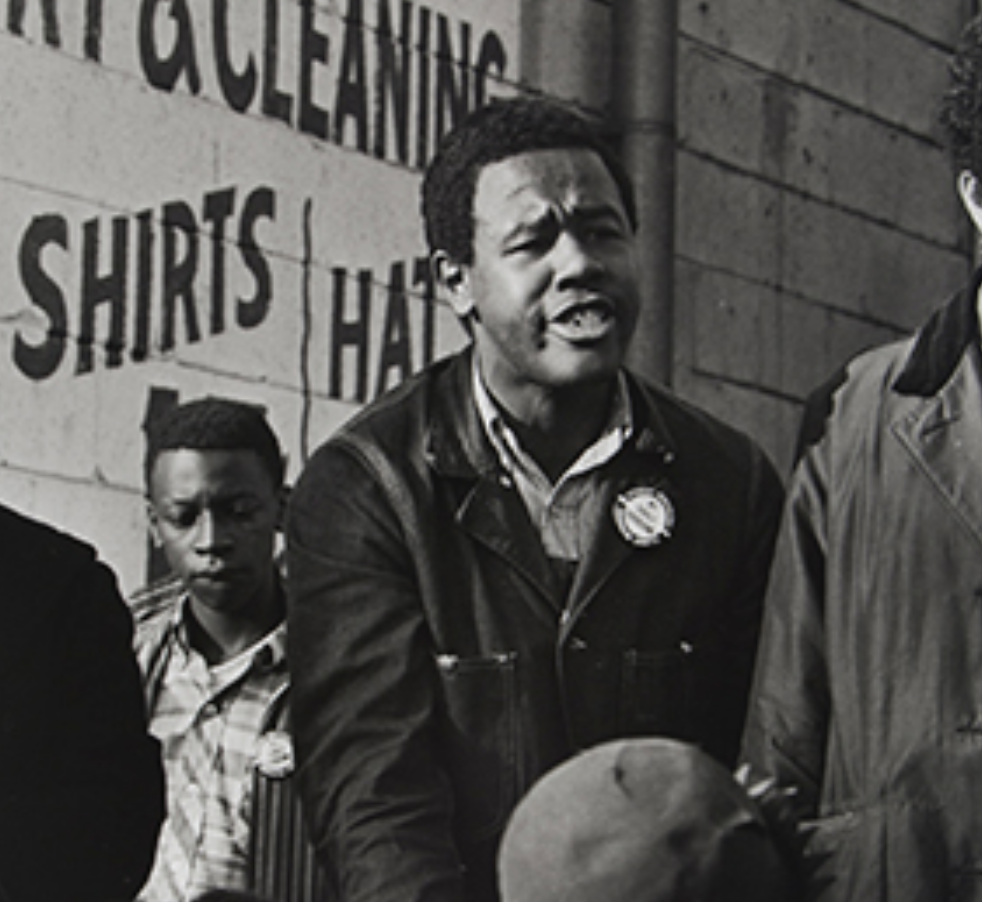
From Civil Rights to Black Power: The Significance of the 1965-66 Alabama Freedom Movement
Reading by Abayomi Azikiwe
The application of independent politics transformed the African American struggle in Selma, Alabama.
